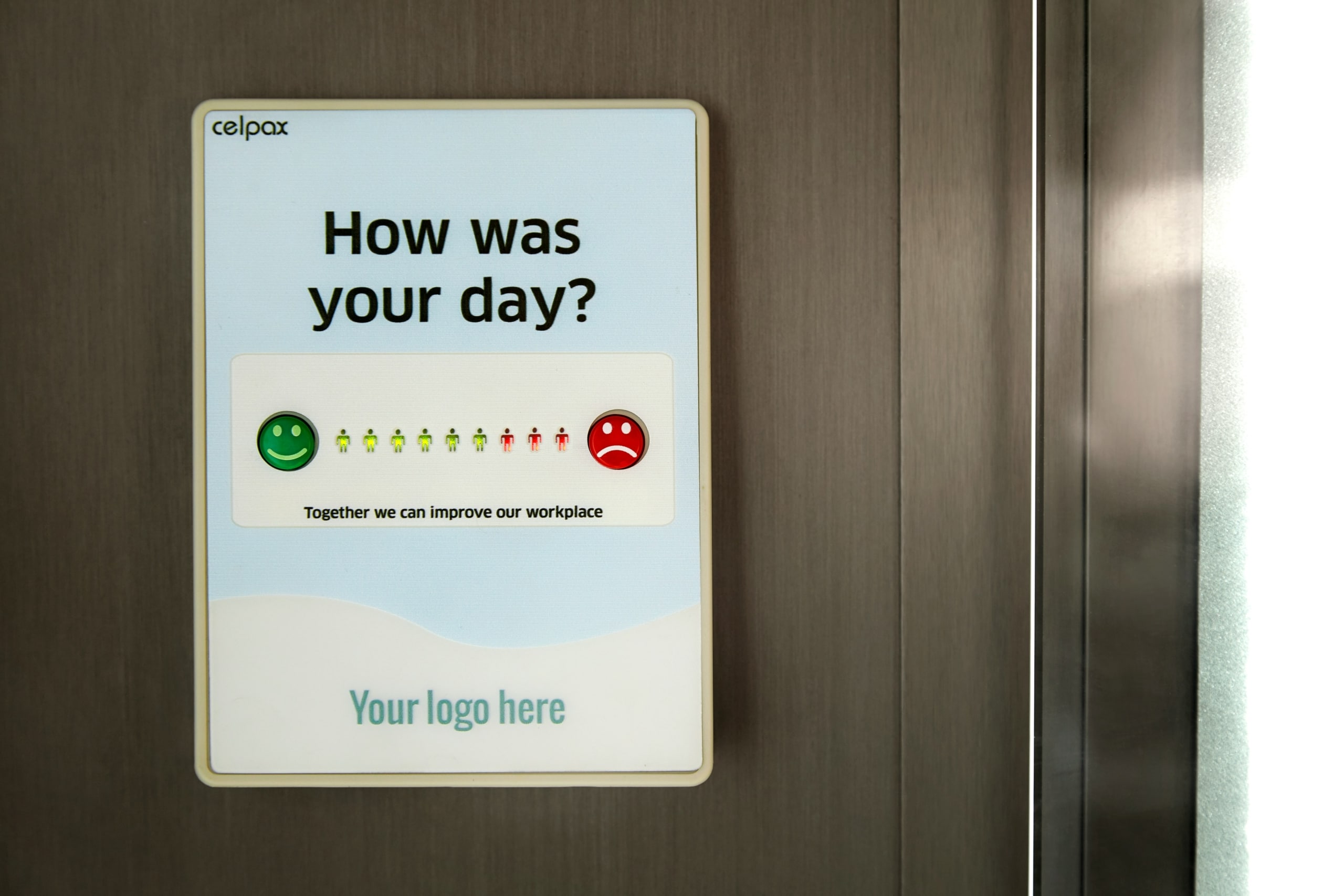Identifying the Root Cause of Your Discontent
To effectively tackle a lack of motivation at work, it is essential to delve deeply into the underlying causes contributing to this feeling. Self-reflection is a critical first step in identifying what specifically is leading to your discontent. There are several common factors that can influence an employee’s desire to quit their job, and understanding these can be pivotal in reestablishing your drive.
One significant cause of decreased motivation is burnout. Prolonged periods of stress, intense workloads, and the constant pressure to meet deadlines can take a toll on an individual’s mental and physical well-being. Recognizing symptoms such as chronic fatigue, irritability, and a reduced sense of accomplishment can help in addressing burnout effectively.
Workplace conflict is another prevalent factor. Interpersonal issues with colleagues or management can create a toxic environment, making it difficult to find joy in daily tasks. It’s important to identify any ongoing conflicts and consider strategies to resolve these disputes constructively.
A lack of career advancement opportunities can also lead to frustration and a desire to seek other employment options. If you feel that you have hit a plateau in your current role and there are limited avenues for growth, it’s natural to experience a dip in motivation. Assess whether there are any unexplored opportunities within your organization or whether further education and training could open new doors.
Finally, misalignment with company values can significantly impact job satisfaction. When personal and organizational values do not align, it becomes challenging to feel committed and motivated in your role. Reflecting on whether the company’s mission, ethics, and culture resonate with your own values can be revealing. If a disconnect exists, consider dialogues with management about realigning your goals or contemplate transitioning to a different environment that better complements your personal ethos.
By systematically analyzing these factors, individuals can pinpoint specific issues, enabling a more tailored and effective approach to regain motivation and find satisfaction in their professional lives.
Setting Personal and Professional Goals
One powerful way to reignite motivation at work is through intentional goal setting. Establishing clear, achievable objectives provides a roadmap that can guide you through periods of low motivation. To ensure these goals are effective, employing the SMART method—specific, measurable, achievable, relevant, and time-bound—can offer substantial benefits. This approach demands precision and realism, ensuring your goals are not only clear but also attainable within a specified timeframe.
Breaking down larger objectives into smaller, manageable tasks can mitigate feelings of overwhelm. This method not only makes the ultimate goal appear more reachable but also provides frequent opportunities for achievement, which can boost motivation along the way. By consistently hitting these smaller targets, you can generate a sense of progress and forward momentum, which can be particularly encouraging during challenging times.
Aligning these goals with personal values and long-term career aspirations is equally crucial. When your objectives resonate with your core beliefs and future ambitions, they inherently carry a greater sense of purpose. For instance, if community service is one of your personal values, integrating related tasks into your professional goals can provide a more profound sense of fulfillment. Similarly, if attaining a particular position within your company is a long-term career aspiration, setting relevant, incremental goals can pave the way toward that achievement.
Ultimately, a well-defined set of personal and professional goals can serve as a powerful motivator. It provides a clear vision of where you are headed and the steps required to get there, infusing your daily responsibilities with meaning and direction. The strategic integration of goal setting into your professional life holds the potential to transform not just how you work, but how you view your work in the context of your broader life ambitions.
Creating a Positive Work Environment
Ensuring a positive work environment can substantially enhance motivation levels, influencing both productivity and job satisfaction. One of the foundational steps is organizing and personalizing your workspace. A clutter-free, aesthetically pleasing desk can drastically improve mental clarity and focus. Consider adding personal touches such as family photos, plants, or artwork that inspire and uplift your spirits throughout the day.
Building strong relationships with colleagues is equally crucial. Positive interactions and a sense of camaraderie can make coming to work more enjoyable. Actively seek opportunities for collaboration and engage in team-building activities, both formal and informal. Socializing with coworkers during breaks or after work fosters trust and mutual respect, forming a supportive network that’s invaluable during challenging times.
Additionally, mentorship can be a potent motivator. Whether you are offering guidance or receiving it, mentorship relationships enhance professional growth and provide a sense of purpose. Look for mentors who can provide valuable insights and support, while also considering becoming a mentor yourself to inspire and assist others.
Positive communication practices are vital within any work environment. Encourage open and constructive dialogue where feedback is shared respectfully. Aim for clarity and consistency in communication to minimize misunderstandings and reduce unnecessary stress. Utilize effective listening skills and show appreciation for others’ contributions to foster a more cooperative atmosphere.
Work-life balance is another essential aspect of maintaining motivation. Establish clear boundaries to ensure work does not encroach on personal time. Prioritize tasks efficiently and delegate when necessary. Incorporate regular breaks into your schedule to prevent burnout and recharge your energy levels.
Stress management strategies also play a critical role in staying motivated. Techniques such as mindfulness, meditation, and regular physical activity can significantly reduce stress. Ensure you have a robust support system in place, both within and outside the workplace. When stress is managed effectively, maintaining motivation becomes considerably more achievable.
Seeking Professional Development and Growth Opportunities
Continuous learning and professional development are essential strategies for maintaining motivation at work, especially during times when you feel like quitting. Engaging in new growth opportunities can provide fresh perspectives and reignite a sense of purpose. Many avenues are available for those seeking to advance their skills and knowledge, including additional training, workshops, seminars, and networking events.
Pursuing additional training and certification programs can be particularly beneficial. These programs not only enhance your current skill set but also help you stay up-to-date with advancements in your field. By expanding your expertise, you become a more valuable asset to your organization, which can lead to increased job satisfaction and motivation. Additionally, workshops and seminars offer hands-on experiences and opportunities to learn from industry experts, further fueling your professional growth.
Networking events are equally important, providing platforms to connect with peers, mentors, and leaders within your industry. These connections can offer support, open doors to new opportunities, and foster collaborative relationships that enhance your professional journey. Engaging in meaningful conversations and learning from others’ experiences can also provide inspiration and new ideas for your own career progression.
Another crucial aspect of professional growth is advocating for yourself in the workplace. Demonstrating initiative by seeking new responsibilities or projects aligned with your passions and strengths can significantly impact your job satisfaction. Communicate openly with your supervisors about your career goals and interests. Expressing your desire for challenging assignments can lead to opportunities that keep you engaged and motivated.
In summary, actively pursuing professional development through various channels not only enhances your skills and knowledge but also boosts your job satisfaction and motivation. By investing in your growth and advocating for yourself within the workplace, you can transform a sense of stagnation into one of proactive career advancement.

